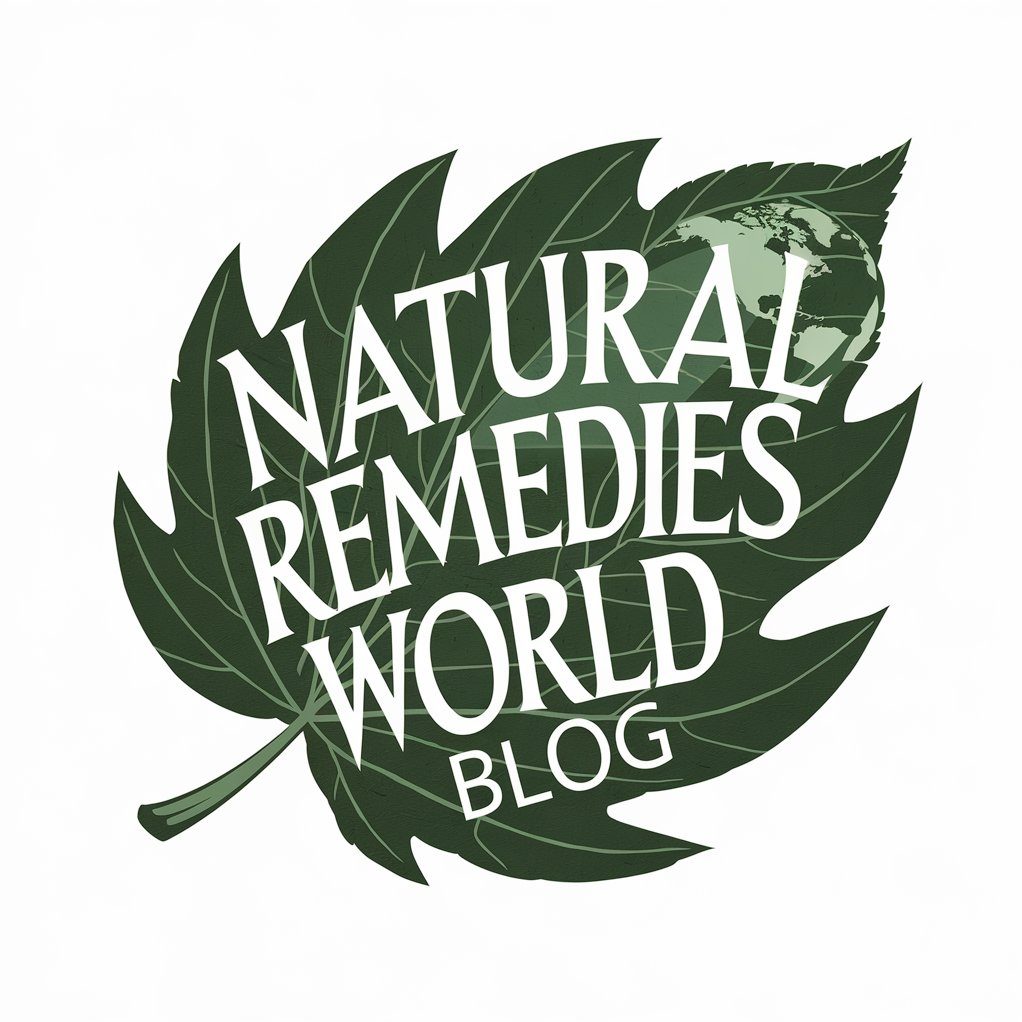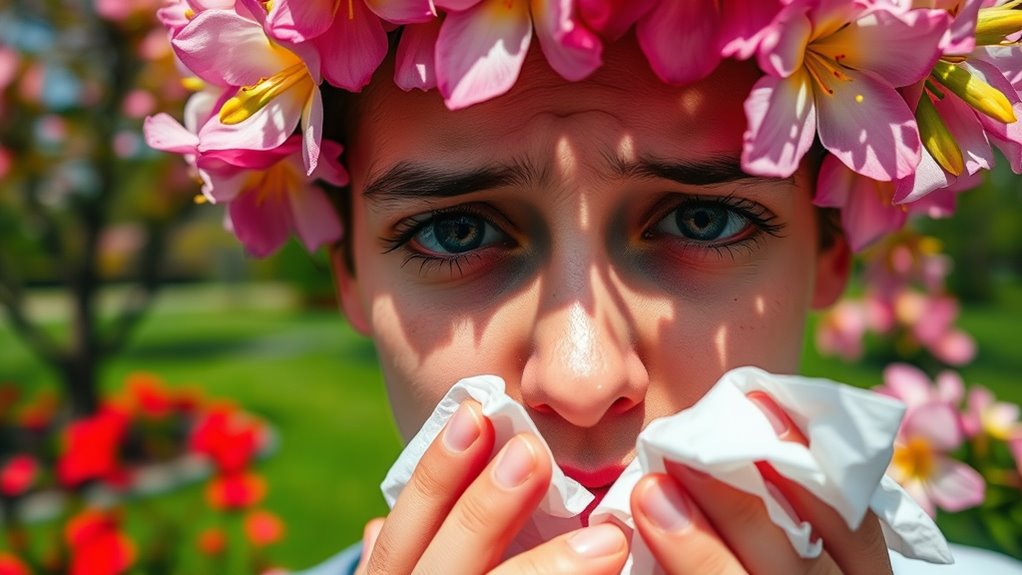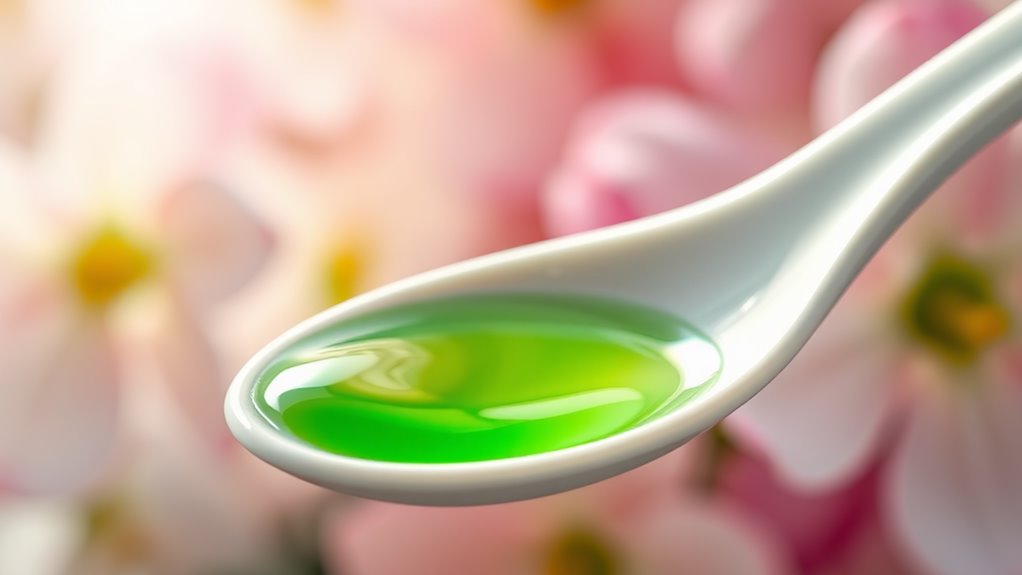Suffering From Allergies This One Tip Will Save You!
If you’re suffering from allergies, a HEPA air purifier can be your best ally. It effectively traps allergens like dust, pollen, and pet dander, creating a cleaner indoor environment that helps ease your symptoms. Just make sure to choose the right size for your space and look for true HEPA filters for maximum effectiveness. This simple addition can make a real difference in your comfort at home. There’s more to explore about creating an allergy-friendly environment.
Understanding Allergies and Their Triggers
Have you ever wondered why certain things around you make your eyes water or your nose itch? Allergies occur when your immune system overreacts to harmless substances. These substances, known as allergens, can include pollen, dust mites, pet dander, mold, and certain foods.
When you encounter an allergen, your body releases histamines, leading to those frustrating symptoms. You might notice a pattern, like sneezing during spring or coughing around pets.
Understanding your triggers is crucial. Keeping track of when and where symptoms arise can help you identify specific allergens. Once you know what sets off your reactions, you can take steps to minimize exposure, making life a little easier.
Knowledge is power when it comes to managing allergies effectively.
The Role of HEPA Air Purifiers in Allergy Relief
Identifying allergens is just the first step in managing your symptoms; finding effective ways to reduce exposure is equally important.
HEPA air purifiers can play a crucial role in this process. These devices trap airborne particles, including dust mites, pollen, pet dander, and mold spores, which can aggravate your allergies.
By running a HEPA air purifier in your home, you can significantly lower the concentration of these irritants in your indoor air. This creates a cleaner environment, providing you with relief from allergy symptoms.
Regularly using a HEPA air purifier helps you breathe easier, especially during peak allergy seasons.
How to Choose the Right HEPA Air Purifier
When selecting the right HEPA air purifier, it’s essential to consider your specific needs and the size of the area you want to purify. Measure the space in square feet; this helps you choose an air purifier with the appropriate coverage.
Look for a model with a Clean Air Delivery Rate (CADR) that matches your room size for optimal performance.
You should also check the filter’s efficiency rating; true HEPA filters capture at least 99.97% of particles as small as 0.3 microns.
Think about additional features like noise levels, ease of filter replacement, and energy efficiency.
Lastly, read customer reviews to gauge reliability and effectiveness, ensuring you make an informed decision that suits your allergy relief needs.
Additional DIY Allergy Relief Methods
While a quality HEPA air purifier can significantly reduce allergens in your home, there are several DIY methods that can complement its effectiveness. Here are some simple strategies to consider:
| Method | Description | Benefit |
|---|---|---|
| Regular Cleaning | Dust surfaces weekly | Reduces dust accumulation |
| Essential Oils | Use lavender or eucalyptus | Natural antihistamines |
| Saltwater Rinse | Gargle with saltwater daily | Soothes throat irritation |
| Aloe Vera Gel | Apply to skin for relief | Moisturizes and calms skin |
| Nasal Irrigation | Use saline solution regularly | Clears nasal passages |
Integrating these methods into your routine can enhance your relief from allergy symptoms. Give them a try and see what works best for you!
Creating an Allergy-Friendly Home Environment
Creating an allergy-friendly home environment starts with making thoughtful choices about your living space.
Begin by decluttering to minimize dust accumulation. Opt for hard flooring instead of carpets, as they trap allergens. If you must have rugs, choose washable ones. Use hypoallergenic bedding and wash it regularly in hot water to eliminate dust mites.
Invest in a high-efficiency particulate air (HEPA) filter for your HVAC system and vacuum cleaner to capture allergens effectively. Keep windows closed during high pollen seasons and use air purifiers in key rooms.
Regularly clean surfaces with damp cloths to avoid stirring up dust. Finally, consider houseplants that improve indoor air quality without producing excessive pollen.
A few adjustments can make a significant difference in your comfort at home.
Frequently Asked Questions
Can Allergies Cause Fatigue or Sleep Disturbances?
Allergies can definitely cause fatigue and sleep disturbances. When your body reacts to allergens, it triggers inflammation, which disrupts your sleep patterns and leaves you feeling tired during the day. Managing allergies can help improve your rest.
Are There Natural Remedies for Allergy Symptoms?
Yes, there are natural remedies for allergy symptoms. You can try local honey, saline nasal rinses, or herbal teas. These options might help soothe your symptoms and provide some relief without relying on over-the-counter medications.
How Do Pet Allergies Differ From Seasonal Allergies?
Pet allergies typically trigger reactions year-round, while seasonal allergies occur during specific times, like spring or fall. You’ll notice symptoms like sneezing or itching in both cases, but the causes and timing differ significantly.
Can Food Allergies Trigger Respiratory Issues?
Yes, food allergies can trigger respiratory issues. When you consume an allergenic food, your immune system may react, leading to symptoms like wheezing, coughing, or difficulty breathing. It’s essential to identify and avoid those allergens.
What Are the Signs of a Severe Allergic Reaction?
When you’re experiencing a severe allergic reaction, you might notice symptoms like difficulty breathing, swelling of the face or throat, rapid heartbeat, hives, dizziness, or a sudden drop in blood pressure. Seek immediate medical help!





